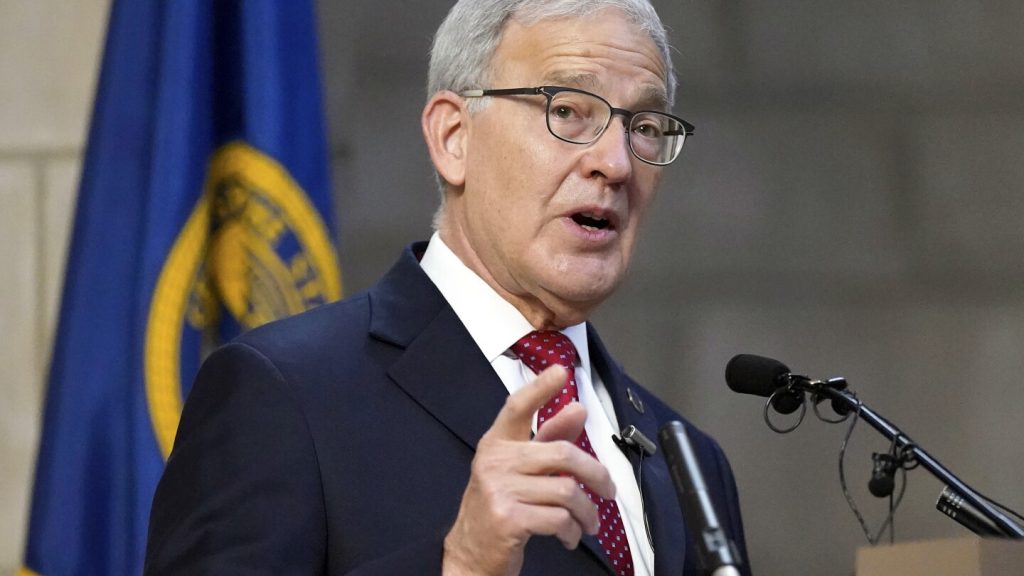Nebraska’s top election official, Secretary of State Bob Evnen, had issued an order to strip voting rights from people convicted of a felony, citing an opinion from the state attorney general. This move could have kept 7,000 or more Nebraskans from voting in the upcoming election, potentially impacting the balance of power. The state Supreme Court ruled that Evnen had overstepped his authority and that the law passed by the Legislature immediately restoring voting rights to those who complete their felony sentences was constitutional.
The Supreme Court criticized Evnen and Attorney General Mike Hilgers for declaring the law unconstitutional, stating that state employees should follow the law and not act on personal hunches about statutes being flawed. Following the ruling, Evnen reversed his order to county election officials, allowing those with felony convictions to register to vote. This decision could have a significant impact on the upcoming election, particularly in Nebraska’s 2nd Congressional District, where important races are taking place.
Nebraska is one of two states that apportions its Electoral College votes by congressional district, making the Omaha-centered 2nd Congressional District a key battleground. In previous elections, this district has awarded its one electoral vote to Democratic presidential candidates, making it a sought-after prize for both parties. With competitive races for a Senate seat and the 2nd District’s U.S. House seat, the balance of power in Nebraska hangs in the balance, with both major parties and independent candidates vying for support.
The court’s ruling ordered election officials to enforce the 2024 law restoring voting rights to those with felony convictions, noting that only a supermajority of five state Supreme Court justices can determine the constitutionality of a law passed by the Legislature. Several justices differed on their opinion regarding the constitutionality of the voting-rights laws, with some stating that a conclusion should not be reached. The ruling could potentially affect the voting eligibility of 59,000 Nebraska residents who have been eligible to vote since the passage of the 2005 law.
The ACLU represented advocacy group Civic Nebraska and two Nebraska residents with felony records in challenging Evnen’s directive to deny voting rights to those with felony convictions. This decision has been hailed as a victory for democracy and a reaffirmation of the fundamental principle that every vote matters. The restoration of voting rights for people with felony convictions has drawn national attention, with discrepancies in laws across states leading to disenfranchisement of millions of people, according to the ACLU.
Felony disenfranchisement laws, dating back to the Jim Crow era, have disproportionately affected Black people and targeted them for voter suppression. The recent ruling in Nebraska highlights the ongoing efforts to ensure fair and equal access to voting rights for all citizens, regardless of their past convictions. The decision to allow those with felony convictions to register to vote in the upcoming election is seen as a step towards greater inclusion and representation in the democratic process.


